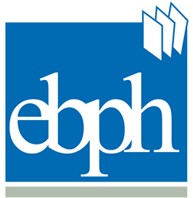Public Health Genetics – Challenging “Public Health at the Crossroads”
DOI:
https://doi.org/10.2427/5999Abstract
Dear public health professionals, Honestly, isn’t it time to ask whether or not we are doing “the right things”in public health? Are our present public health strategies evidence-based? The public health agenda demands a vision that reaches beyond research to the application of public health and the determination of it’s impact. In this scenario what is the role of genomics? In the past twenty years, advances in genome research have revolutionised what is known about the role of inheritance in health and disease.[1]
Nowadays,we know that our DNA determines not only the cause of single-gene disorders, but also determines our predisposition to common diseases.Whereas medicine is currently undergoing extraordinary developments from its morphological and phenotype orientation to a molecular and genotype orientation, promoting the importance of prognosis and prediction, public health practice has to date concerned itself with environmental determinants of health and disease and has paid scant attention to genetic variations within the population.
The advances brought about by genomics is changing these perceptions.[2,3] Many predict, that this knowledge will enable health promotion messages and disease prevention programmes to be specifically directed at susceptible individuals or at subgroups of the population, based on their genetic profile.[4,5]
The new technologies will allow researchers to examine genetic mutations at the functional genomic unit level, and to better understand the significance of environmental factors such as noxious agents, nutrition and personal behaviour in relation to the causation of diseases such as cardiovascular diseases, psychiatric disorders and infectious diseases.





